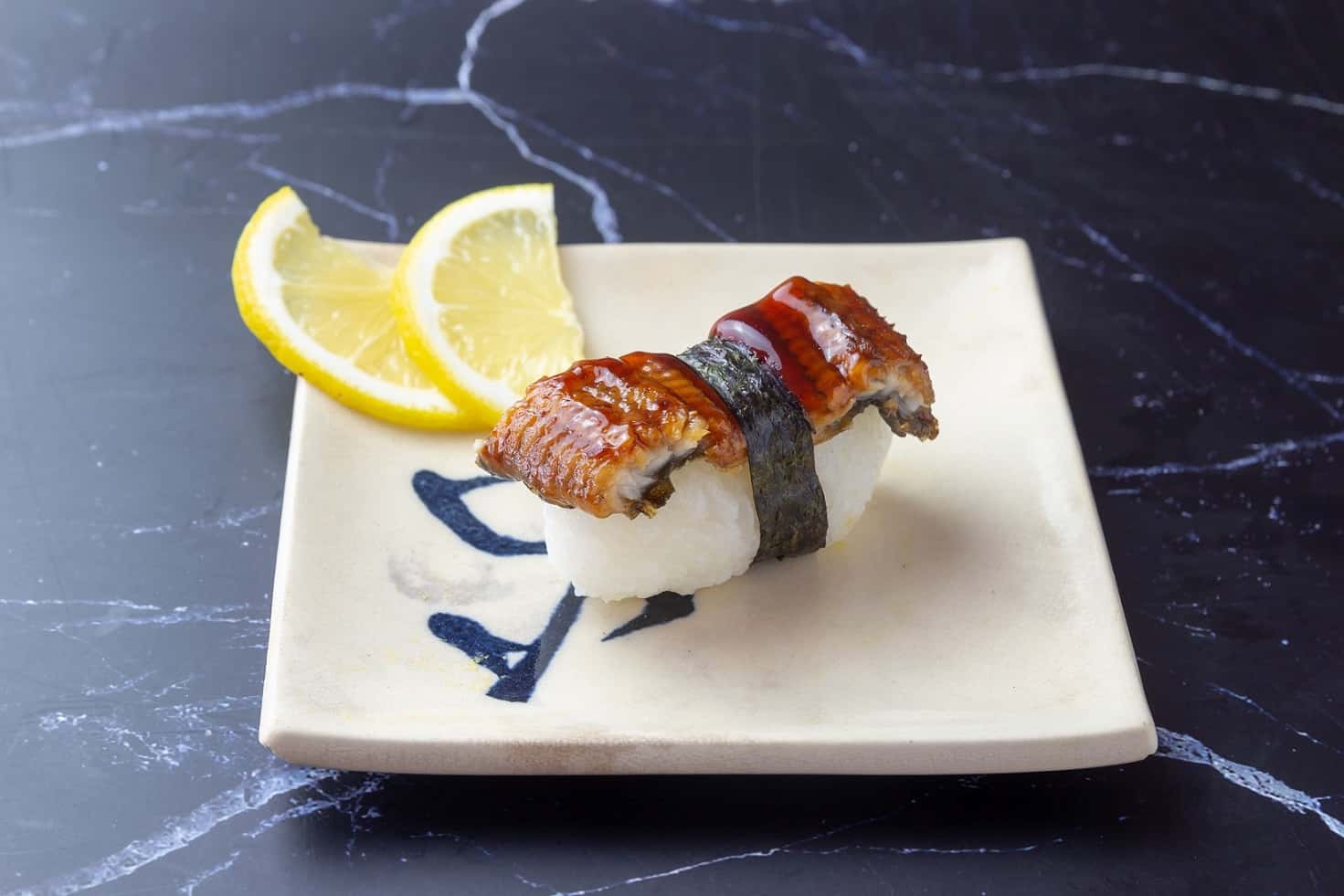Food tech Forsea Foods, based in Israel, claims to be the first startup to use organoid technology for its cultivated seafood process.
“The result is sustainably produced, succulent filets of cultured seafood that embody the same taste and textural traits as their ocean-caught counterparts”
Roee Nir, co-founder of Forsea, recently made public the company’s patented technology platform developed to harness natural tissue formation methods to produce healthy and tasty alt seafood.

Forming fish tissues
Organoid technology has been previously used in developmental biology, medicine, and research. It involves creating an ideal environment for fish cells to form their natural composition of native fat and muscle spontaneously. They grow as a three-dimensional tissue structure in the same way they would in a living fish, explains Biotechnologist Iftach Nachman, Forsea co-founder and developer of the technology.
“The result is sustainably produced, succulent filets of cultured seafood that embody the same taste and textural traits as their ocean-caught counterparts. Unlike those counterparts, however, the resulting product is free from pollutants such as mercury, industrial chemicals, and microplastics,” commented Roee Nir.

Cultivated eel meat
While Forsea can cultivate any seafood, freshwater eel meat will be the startup’s choice of fish to begin its cellular agriculture journey.
Considered a delicacy in many countries, global demand for eel has multiplied. Eels cannot be bred in captivity, leaving the supply chain dependent on fisheries that have rendered them an endangered species due to overfishing. According to Forsea, the Japanese eel population has declined by 90 to 95 percent, which has driven prices to astronomical levels.
“Forsea’s innovative new cultivation platform has the potential to bring positive disruption to this paradigm by providing a clean, nutritious, delicious, and commercially viable alternative to wild-caught seafood while leaving the delicate ocean ecosystem completely,” claims the startup.






